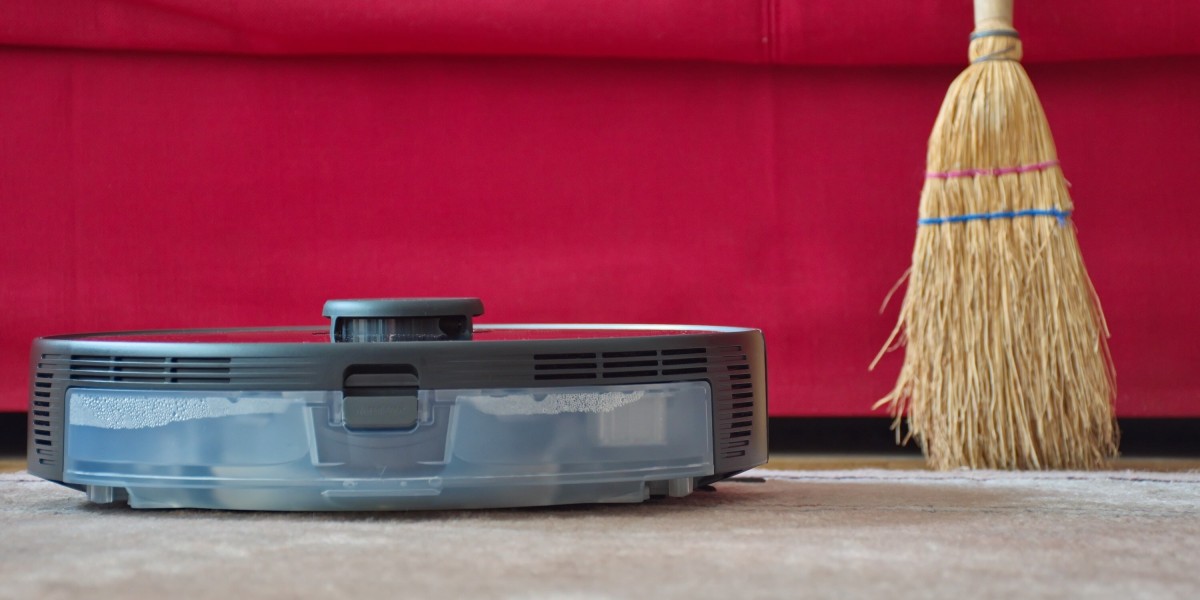Unveiling the World of Built-in Appliances: Enhancing Modern Living
Built-in appliances have reinvented the method people approach home design and efficiency. These essential parts of contemporary homes not just maximize space but also develop a smooth aesthetic, making kitchen areas and other areas look polished and organized. From ovens that fit comfortably within kitchen cabinetry to refrigerators that mix into the design, built-in appliances provide both functionality and style. This short article explores the numerous kinds of built-in appliances, their benefits, style factors to consider, and addresses some regularly asked questions.

Understanding Built-In Appliances
Built-in appliances are devices designed to be integrated into kitchen or home structures seamlessly. Unlike freestanding appliances, which can be moved and rearranged, built-in models are usually installed into cabinets or specific built-in spaces during new home building and construction or considerable restorations. This enables a cohesive design, optimizing functionality while improving visual appeal.
Types of Built-In Appliances
The most typical categories of built-in appliances consist of:
| Type | Description | Examples |
|---|---|---|
| Cooking Appliances | Consist of ovens, microwaves, and stovetops that can be built into the cabinets. | Built-in integral electric ovens, microwave drawers, induction cooktops |
| Refrigeration | Appliances that mix into the kitchen while maintaining their cooling functions. | Built-in fridges, red wine coolers |
| Dishwashing | Dishwashers designed to be set up behind kitchen cabinetry doors for a streamlined appearance. | integrated cookers dishwashing machines |
| Laundry | Appliances like washers and dryers developed to fit nicely into utility room. | built in oven uk-in washing devices, mix washer-dryer units |
| Other | A category that might consist of ventilation hoods, coffee machine, and customized appliances. | Built-in coffee devices, warming drawers |
Benefits of Built-In Appliances
1. Area Efficiency
Built-in appliances are created to utilize area more efficiently. They can be personalized to fit snugly within existing cabinetry or unique architectural functions of a home.
2. Visual Appeal
The integration of appliances allows property owners to produce a tidy and cohesive appearance. The absence of large machines promotes a tidy environment, making areas, specifically kitchens, look more roomy and organized.
3. Boosted Functionality
Numerous built-in appliances come with advanced features, allowing users to optimize their culinary efforts. The smooth design likewise encourages effective workflow in the kitchen, a vital aspect for cooking enthusiasts.
4. Increased Property Value
Premium built-in appliances frequently include substantial worth to homes, as they show modern-day design and practical effectiveness. Possible buyers are normally attracted to homes geared up with these upgraded features.
5. Customization Options
Homeowners can pick from a variety of surfaces, designs, and innovations, enabling them to personalize their space. Whether going with stainless-steel, panel-ready choices, or unique colors, there is a practically unlimited variety of options.
Style Considerations for Built-In Appliances
While the integration of built-in appliances can drastically improve the look and function of a space, specific design considerations need to be taken into consideration:
- Measurements: Accurate measurements are vital for guaranteeing a correct fit within kitchen cabinetry.
- Ventilation: Proper ventilation is important for cooking appliances to prevent getting too hot and to keep air quality.
- Power Supply: It's important to make sure that the required electrical and plumbing infrastructure is in location before installing built-in appliances.
- Ease of access: Design needs to focus on user ease of access to make sure that utensils, appliances, and work areas are within easy reach.
- Aesthetic Compatibility: All Haden 60cm Electric Built-In Oven with Fan Assist appliances should be chosen to match the design theme of the home.
Regularly Asked Questions About Built-in Appliances
1. Are built-in appliances more expensive than freestanding ones?
Built-in appliances tend to be more costly due to their customized nature and installation processes. Nevertheless, the included worth and benefits can justify the investment, especially in premium designs and technologies.
2. Can built-in appliances be moved quickly?
No, built-in appliances are usually not developed to be moved. They are set up into cabinets, making relocation difficult and often requiring substantial effort and improvement.
3. How do I preserve built-in appliances?
Maintenance depends upon the type of appliance. Regular cleansing is recommended in addition to regular look for any service concerns. Constantly refer to the manufacturer's guidelines for specific upkeep requirements.
4. Are built-in appliances energy-efficient?
Numerous built-in appliances are created to be more energy-efficient than older or freestanding models, frequently equipped with features that reduce energy usage.
5. Can I install built-in appliances myself?
While some property owners may choose to install appliances themselves, it's typically a good idea to hire a professional, particularly for electrical or pipes connections. Correct installation ensures safety and optimal efficiency.
Built-in appliances represent an innovative method to attaining a contemporary, efficient, and visually pleasing home. With many alternatives available, property owners can enhance both the performance and style of their home. As the demand for stylish and practical styles continues to increase, the integration of built in Appliances-in appliances will stay a considerable pattern in modern home style. By thinking about the benefits, design requirements, and upkeep requirements, people can make educated decisions about incorporating these streamlined and advanced machines into their homes.








